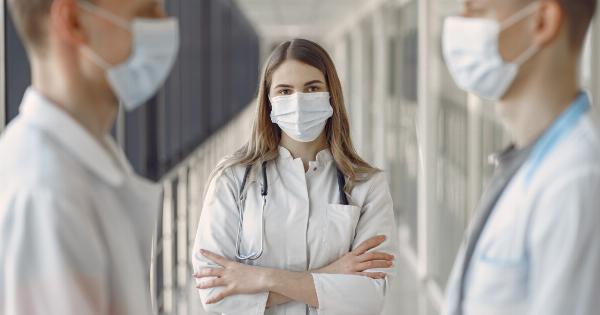Pregnancy is a miraculous time for a woman and her partner. However, it can also be an overwhelming experience, especially for first-time parents. Medical professional Menelao Lygnos elaborates on the first two weeks of pregnancy in this article.
What happens during Weeks 1 and 2 of Pregnancy?
It may come as a surprise, but weeks 1 and 2 of pregnancy are not counted as part of a woman’s pregnancy. This is because the due date is calculated based on the first day of her last menstrual period, which happens before conception.
So, week 1 begins on the first day of a woman’s menstrual cycle and ends with ovulation. Week 2 starts with ovulation and ends with conception.
Preparing for Conception
If you are planning to conceive, it is important to prepare your body beforehand. This includes taking preconception vitamins, maintaining a healthy weight, and avoiding substances that can harm the developing fetus, such as alcohol and tobacco.
During weeks 1 and 2 of pregnancy, the body is getting ready for conception by producing fertile cervical mucus. This mucus helps sperm travel to the fallopian tubes where fertilization occurs.
The egg is released from the ovary during ovulation and can survive for up to 24 hours.
Symptoms of Weeks 1 and 2 of Pregnancy
During weeks 1 and 2 of pregnancy, there are generally no noticeable symptoms. However, some women may experience slight cramping or spotting around ovulation. The cervical mucus may also be a different consistency than usual.
Testing for Pregnancy
It is not possible to test for pregnancy during weeks 1 and 2 as the egg has not yet implanted in the uterus and the body has not started to produce the pregnancy hormone, human chorionic gonadotropin (hCG).
Conclusion
While weeks 1 and 2 of pregnancy may not feel like much is happening, they are crucial for preparing the body for conception. It is important to take care of your body before and during pregnancy to give your baby the best start in life.





























